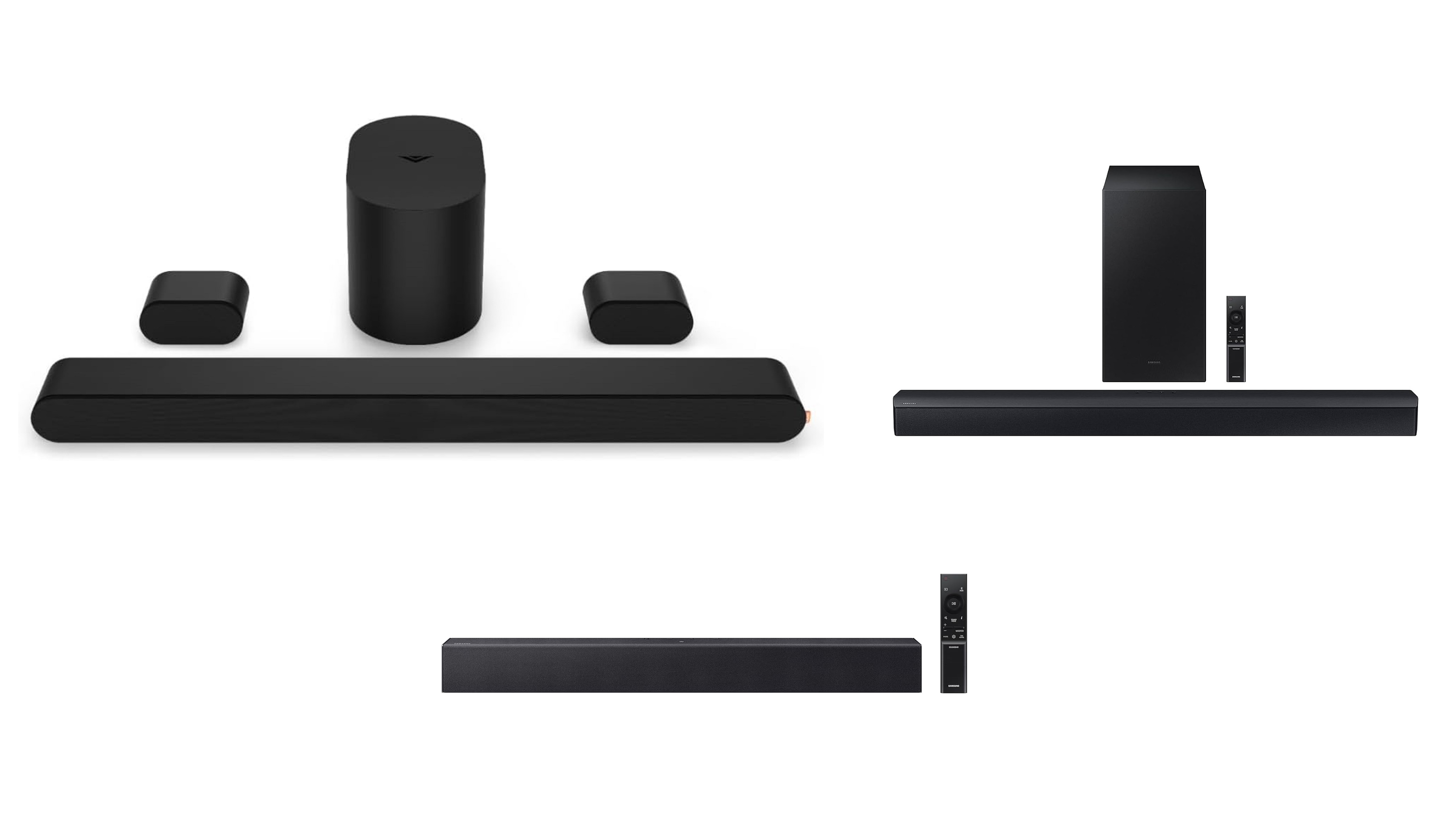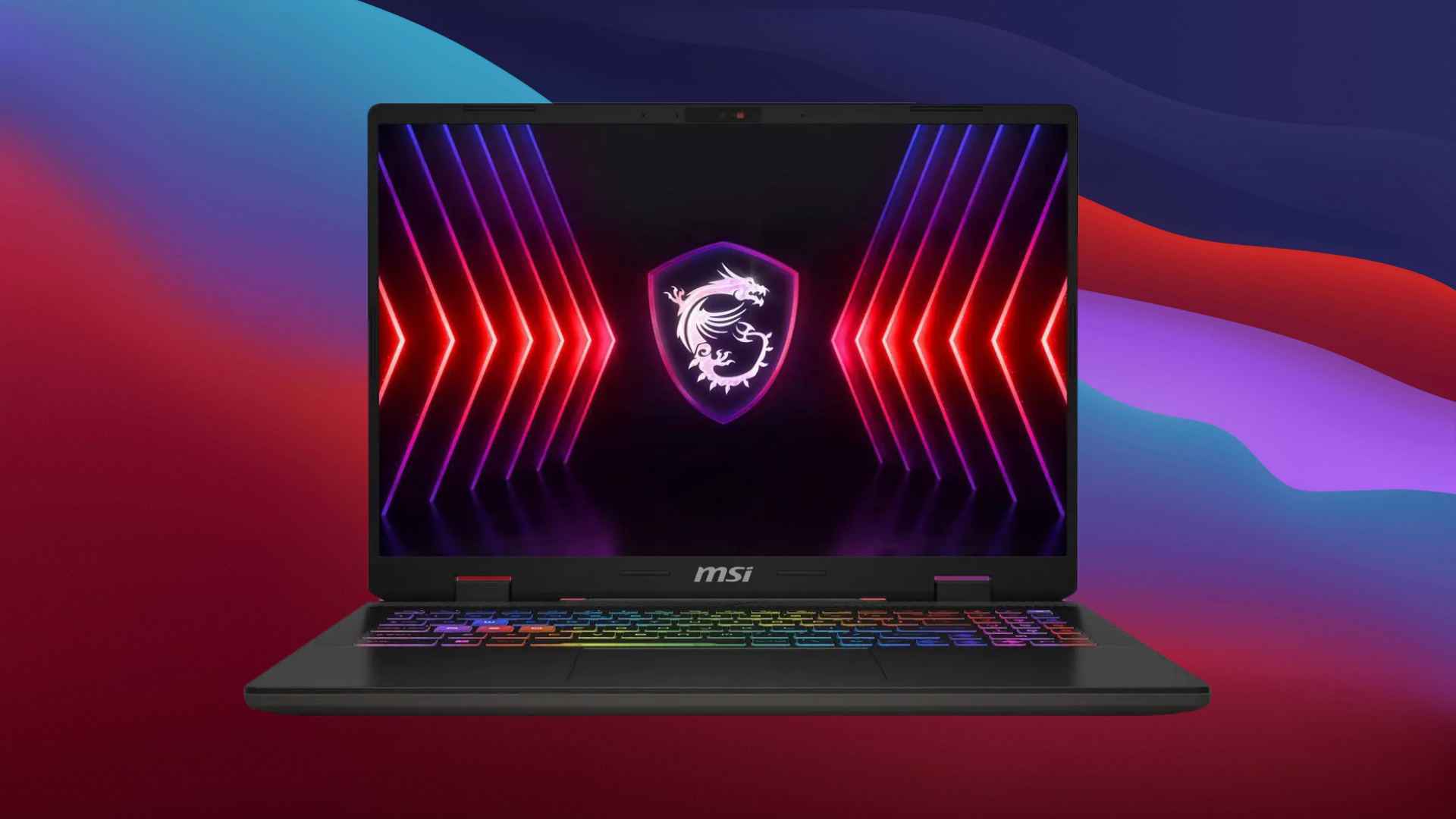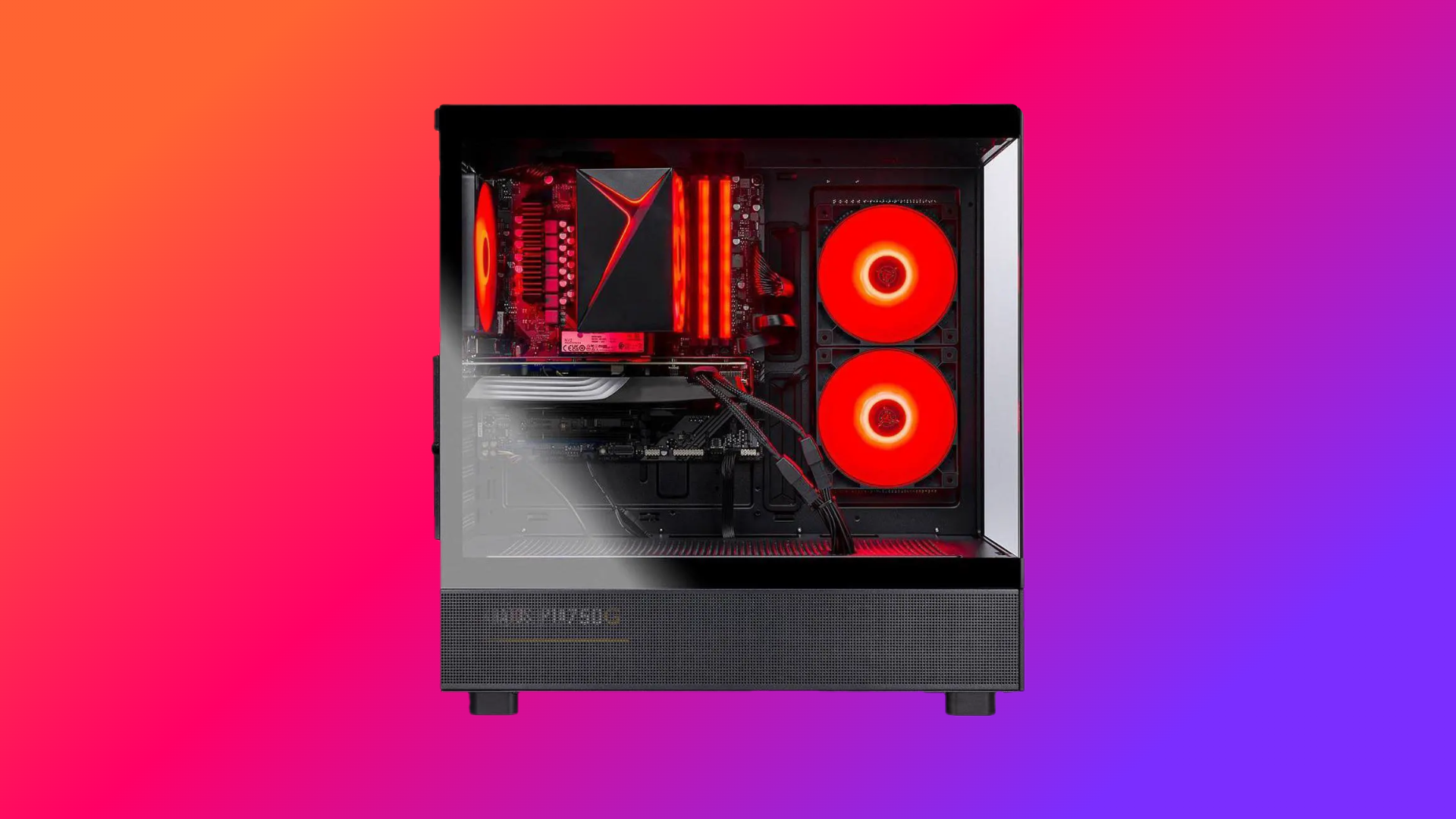Let’s discuss why the Power Supply Unit is the most critical component in your gaming PC and how it ensures longevity.
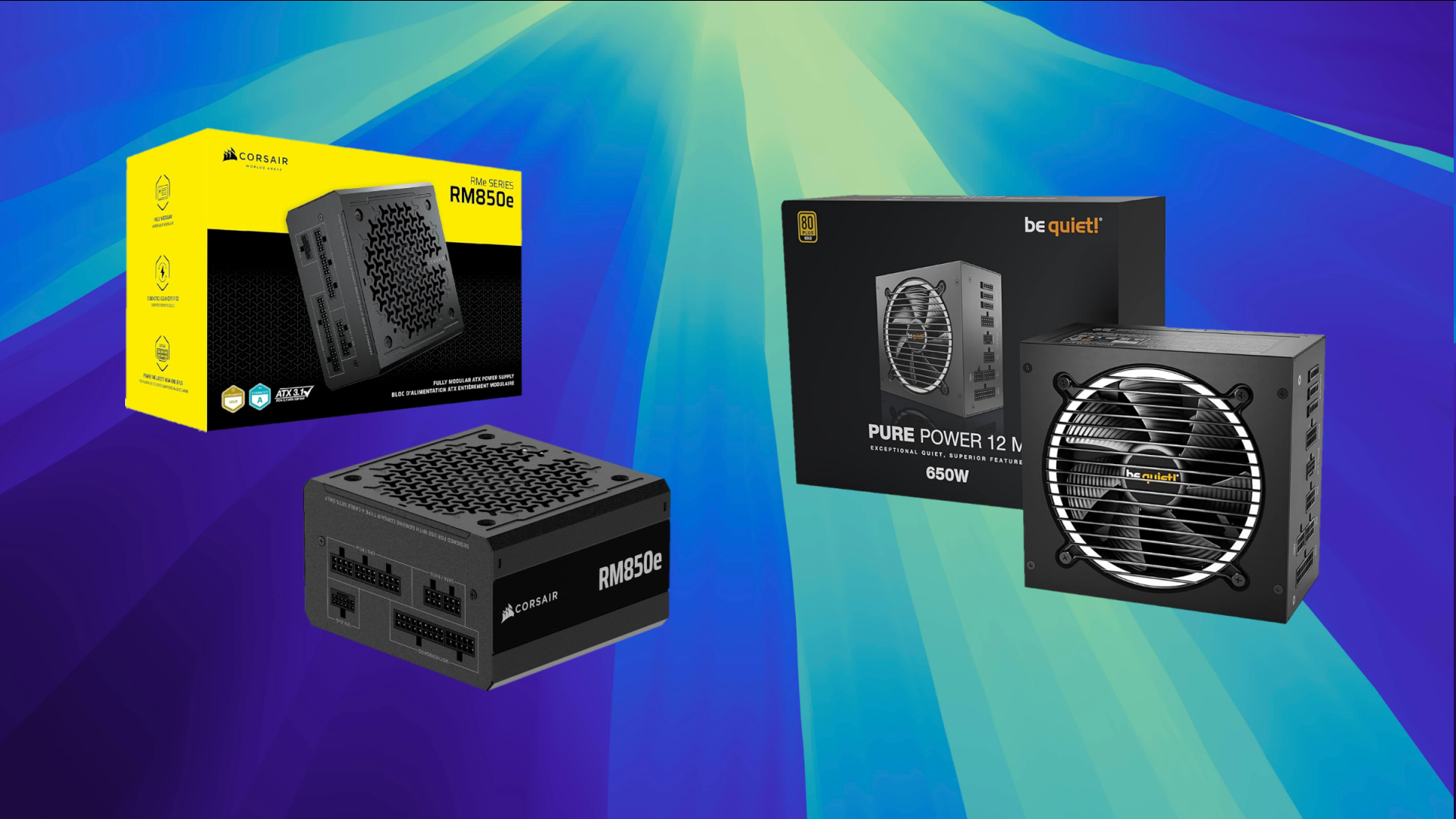
If you are building a PC for the first time, there is a chance you will allot a tight budget for the PSU. In the case of a budget build, this is feasible, but when building a mid-range or high-end PC, it becomes very challenging. A PSU can make or break your system.
For starters, the entire AC is converted to DC by the PSU, which is then provided to your PC components. If the power supply (PSU) fails, how long will your PC last? Below, we discuss how impactful a PSU really is and why you should invest in a good-quality one.
Read More: 5 Best SFX Power Supplies for Compact Mini-ITX Builds in 2025
Power Quality and Signal Integrity
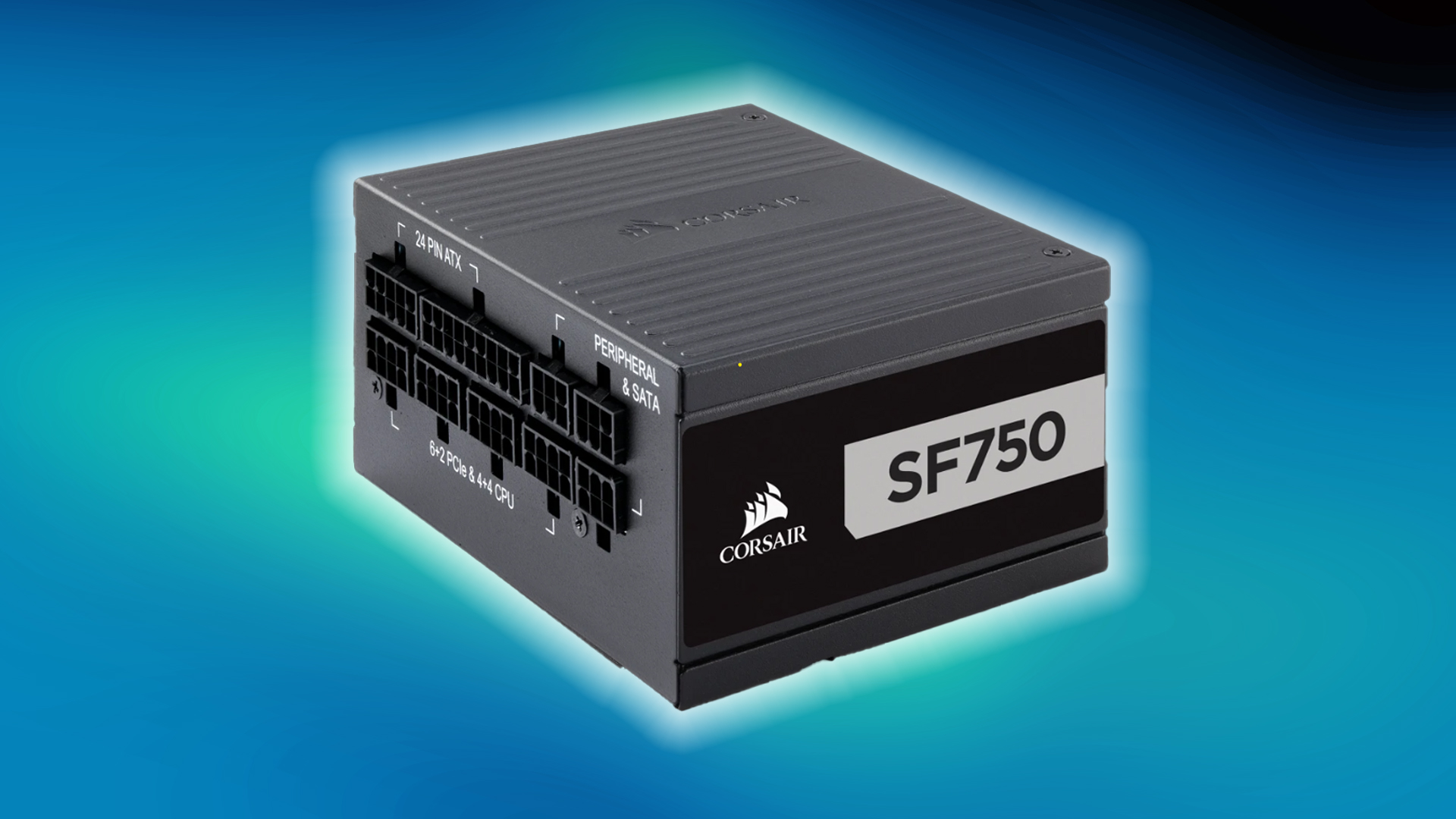
At the very core, your motherboard, CPU, and GPU operate on a network of traces (PCB-pathways) and rely on stable power to function correctly. A high-quality PSU delivers stable, clean power with minimal ripple or rapid fluctuations in the DC voltage output.
A cheap or low-quality PSU provides a power signal with voltage ripples and high electrical noise. Low-quality components create electrical noise that disrupts signal integrity on your motherboard’s PCB. This can cause issues such as data corruption, memory instability, display timeouts, and more. In the worst case, your components may catch fire.
Handling Transient Loads
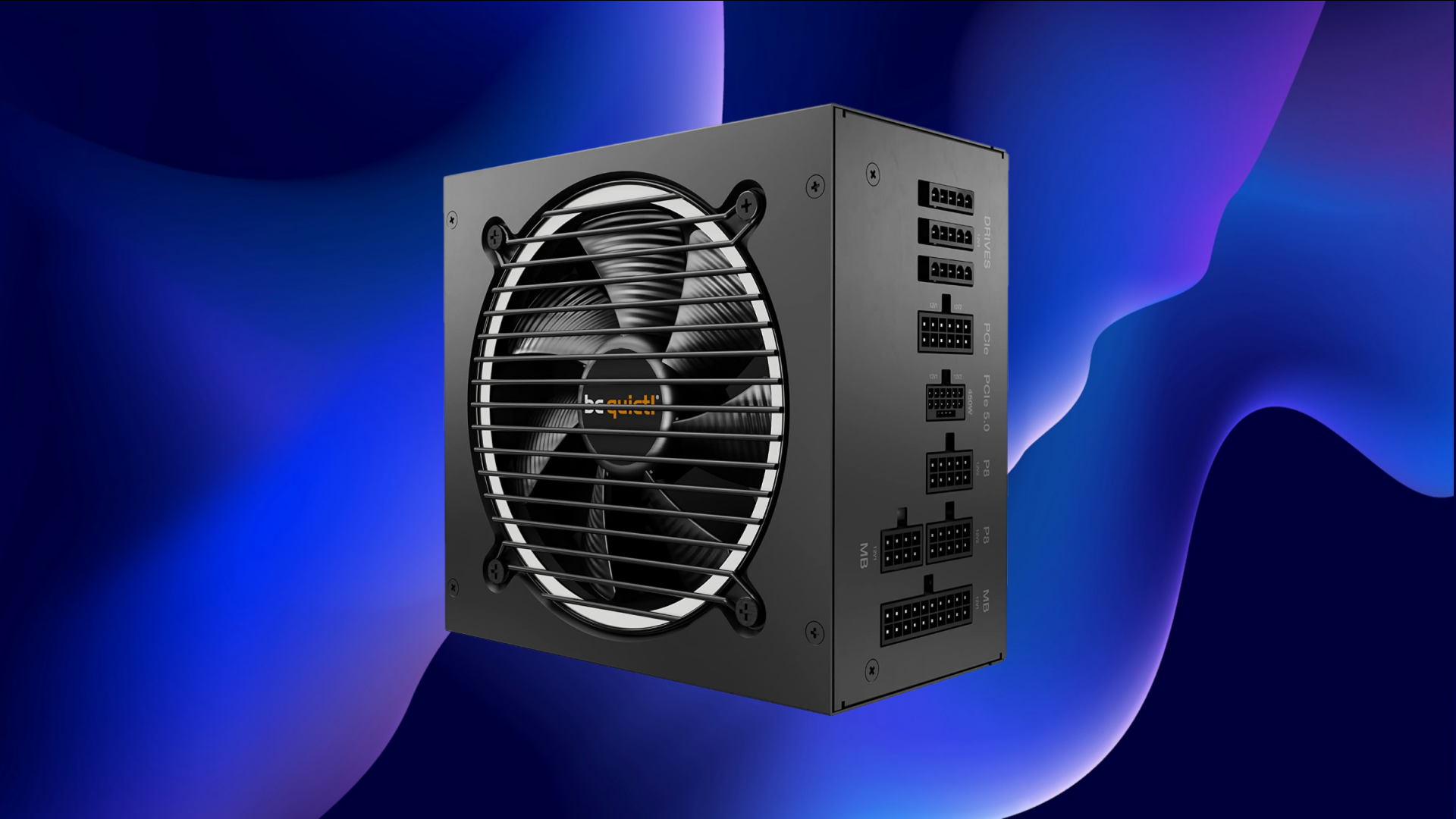
High-performance components, such as modern CPUs and GPUs, exhibit significant load transients. Meaning the power requirements fluctuate rapidly, shifting from a massive load to a minimal one in less than three milliseconds. A cheap PSU will instantly shut off or even catch fire trying to keep up, whereas a good one will seamlessly handle it without any hassle.
A realistic example of this would be an end user trying to run the latest-generation Intel Core Ultra 7 or i7 processors alongside an RTX 5070 or higher with an Antec Atom PSU. Nevertheless, Antec markets its Atom PSUs as budget-oriented options and does not design them for high-end hardware.
A practical example would be pairing the Corsair RM750 80+ Gold-rated power supply with the aforementioned components.
Component Longevity and Catastrophic Failure
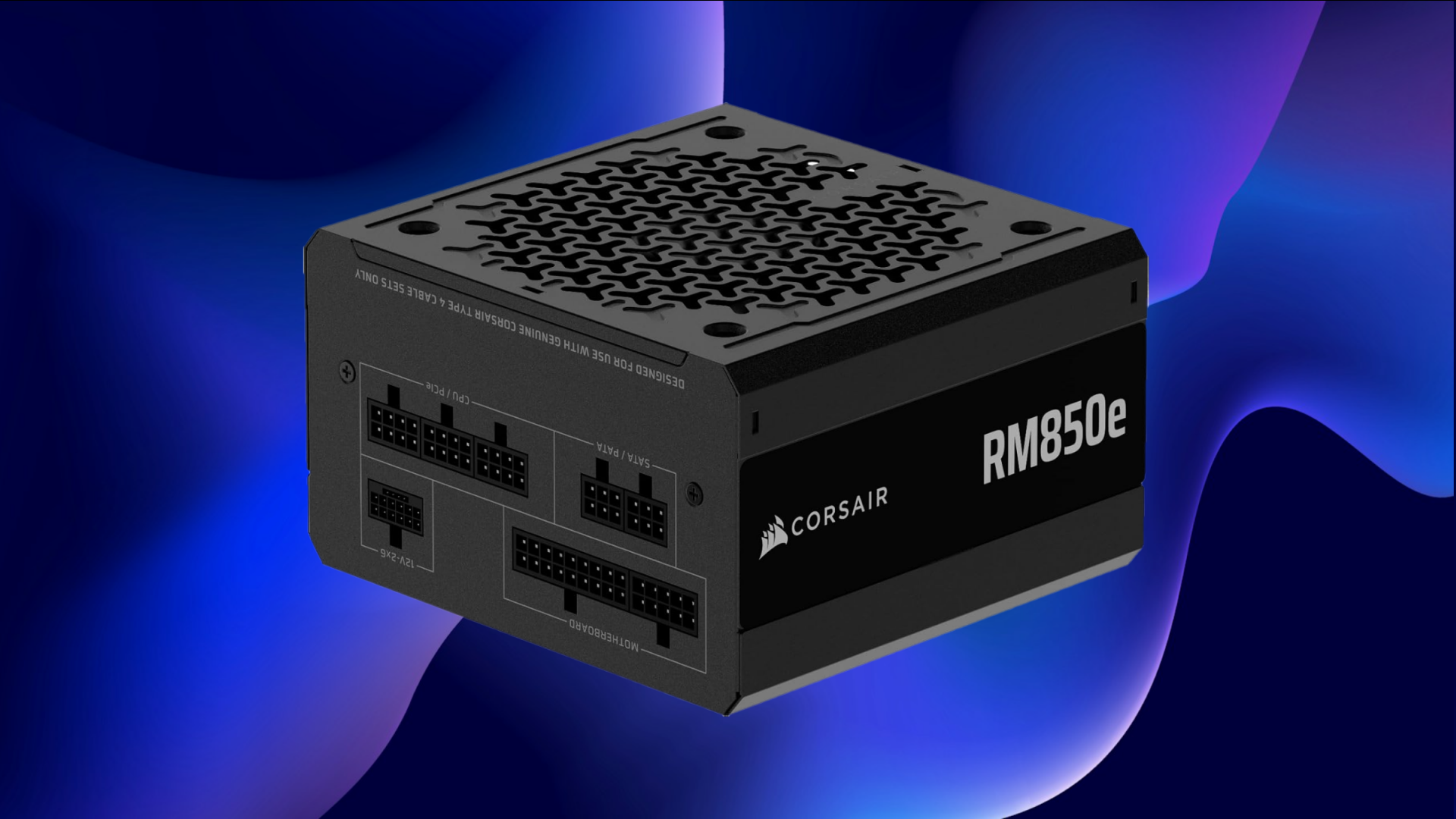
A cheap PSU won’t have any current-related protection, such as (OVP, OCP, SCP, etc). These protections are designed to instantly shut down the PSU if they detect a fault, whether from the wall or within your PC. A good PSU, particularly one that is built well, will likely shut the line off, and parts may get damaged, but they will be repairable and likely fall under warranty if burns do not cause the damage.
Read More: 5 Best PSUs That Can Handle the RTX 5090
We provide the latest news and “How To’s” for Tech content. Meanwhile, you can check out the following articles related to PC GPUs, CPU and GPU comparisons, mobile phones, and more:
- 5 Best Air Coolers for CPUs in 2025
- ASUS TUF Gaming F16 Release Date, Specifications, Price, and More
- iPhone 16e vs iPhone SE (3rd Gen): Which One To Buy in 2025?
- Powerbeats Pro 2 vs AirPods Pro 2: Which One To Get in 2025
- RTX 5070 Ti vs. RTX 4070 Super: Specs, Price and More Compared
- Windows 11: How To Disable Lock Screen Widgets
 Reddit
Reddit
 Email
Email
